What we can do should never by itself determine what we choose to do, yet this is the way technology tends to work
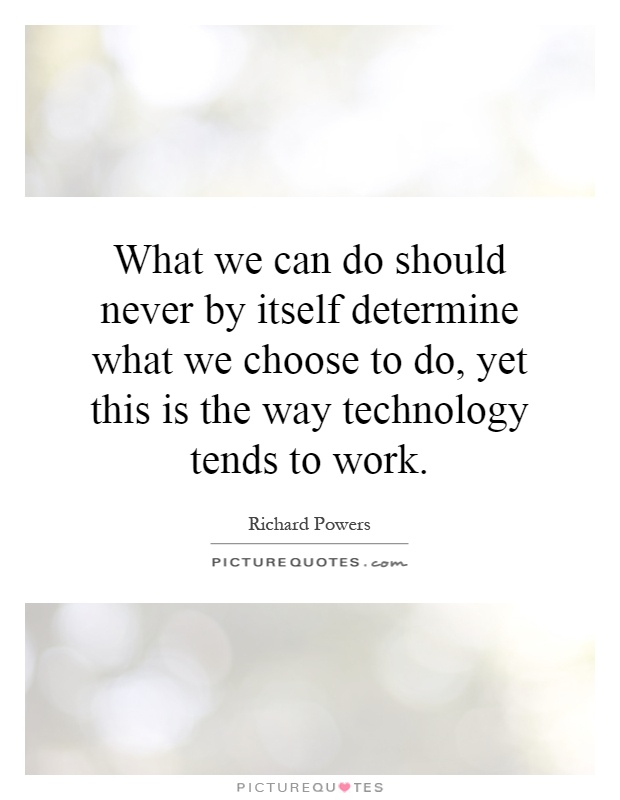
What we can do should never by itself determine what we choose to do, yet this is the way technology tends to work
In the context of Richard Powers, a renowned author known for his exploration of the intersection between technology and humanity, the statement "What we can do should never by itself determine what we choose to do, yet this is the way technology tends to work" holds significant relevance. Powers' works often delve into the ethical dilemmas and consequences of technological advancements, highlighting the complex relationship between human agency and the capabilities of technology.Powers' novel "The Overstory" is a prime example of how technology can shape human behavior and decision-making. The novel follows a diverse group of characters whose lives become intertwined with the natural world, leading them to take drastic actions to protect the environment. In this context, the characters are faced with the dilemma of what they can do to save the trees and forests they love, but their choices are ultimately driven by their personal values and beliefs rather than just the technological tools at their disposal.
Similarly, in "The Echo Maker," Powers explores the impact of technology on memory and identity. The protagonist, Mark Schluter, suffers a traumatic brain injury that leads him to believe his sister is an imposter. As Mark undergoes treatment and therapy, the question arises of whether the advancements in neuroscience and technology can truly help him regain his sense of self. Powers raises thought-provoking questions about the limitations of technology in understanding and treating complex human conditions, emphasizing the importance of individual agency and choice in shaping one's identity.
Overall, Powers' works serve as a poignant reminder that while technology may offer new possibilities and capabilities, it should not dictate our decisions or values. The ethical implications of technological advancements must be carefully considered, and human agency should always play a central role in determining our actions. As we navigate an increasingly technologically-driven world, Powers' exploration of these themes serves as a powerful commentary on the need for ethical reflection and conscious decision-making in the face of technological progress.
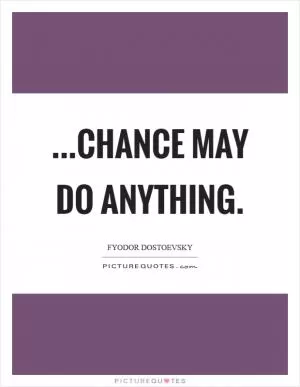

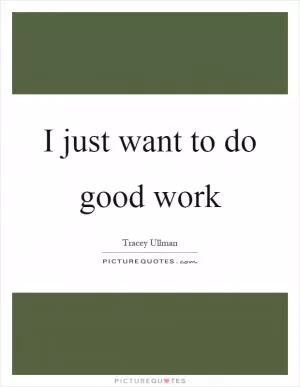


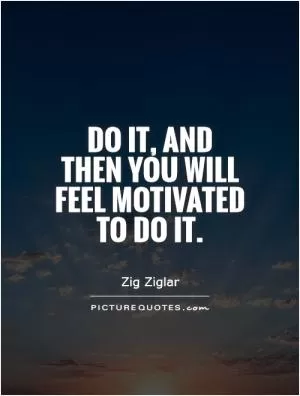

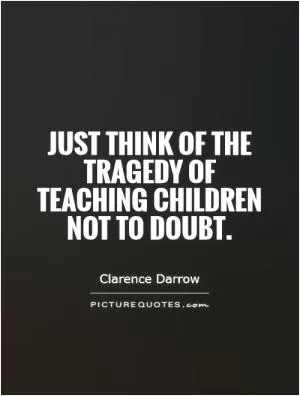
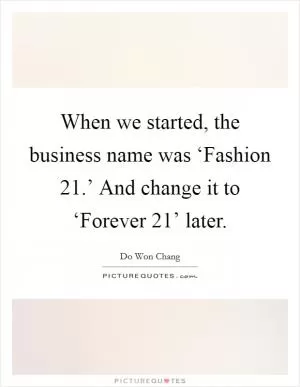

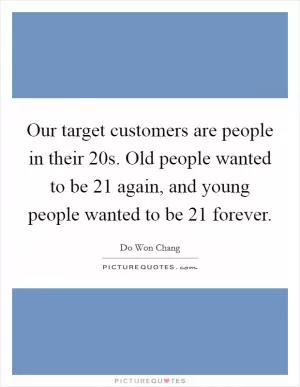

 Friendship Quotes
Friendship Quotes Love Quotes
Love Quotes Life Quotes
Life Quotes Funny Quotes
Funny Quotes Motivational Quotes
Motivational Quotes Inspirational Quotes
Inspirational Quotes